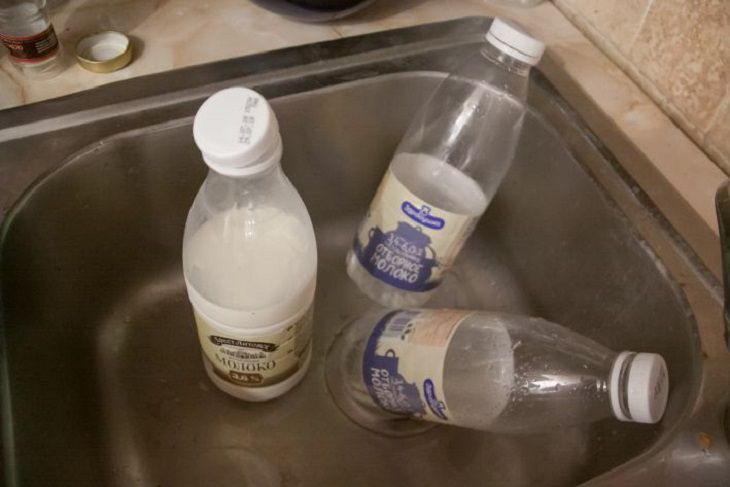Using sour milk in gardening is an intriguing way of feeding plants that can surprise even experienced gardeners.
This unusual method not only helps to dispose of expired dairy products, but also provides plants with valuable nutrients, stimulating their growth and development.
Benefits of sour milk for plants
Sour milk contains many useful substances that can have a beneficial effect on the growth and development of plants.

It contains proteins, fats, carbohydrates, as well as calcium, phosphorus and other microelements.
Lactic acid bacteria present in sour milk help improve the soil microflora and increase its fertility.
Houseplants and sour milk
Many indoor plants respond well to watering with diluted sour milk. This is especially true for species that prefer slightly acidic soil.
Ficus, dracaena, dieffenbachia and palms can get additional nutrition from such feeding. It is important to dilute sour milk with water in a ratio of 1:10, so as not to overload the root system.
Garden flowers and sour milk
In the garden, many flowering plants can be fed with sour milk. Roses, petunias, begonias and hydrangeas respond especially well to this type of feeding.
Watering with sour milk not only provides plants with nutrients, but can also help combat certain fungal diseases.
Vegetable crops and sour milk
Some vegetable crops can also benefit from irrigation with sour milk.
Tomatoes, peppers and eggplants respond well to this type of feeding, especially during the period of fruit formation.
However, care should be taken with root vegetables, as excess calcium can cause the vegetables to crack.
Frequency and methods of application
It is recommended to water with sour milk no more than once a month. Before use, the milk should be diluted with water in a ratio of 1:10.
It is best to use this fertilizer in the evening or in cloudy weather to avoid rapid evaporation and the development of an unpleasant odor.
Warnings and limitations
Despite its benefits, watering with sour milk is not suitable for all plants. Cacti, succulents and plants that prefer alkaline soil are best fed in other ways.
In addition, it is important not to overdo it with watering with sour milk, so as not to cause soil acidification and problems with the root system.
Alternative Uses for Sour Milk in the Garden
In addition to watering, sour milk can be used to make compost.
Adding a small amount of sour milk to a compost heap speeds up the decomposition of organic waste and enriches the compost with beneficial microorganisms.
